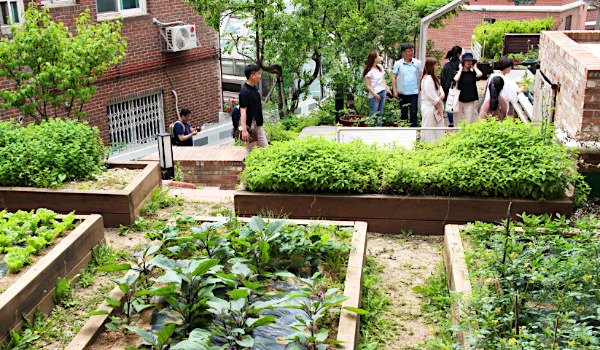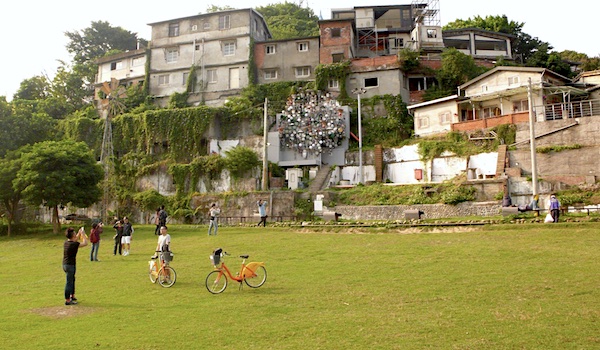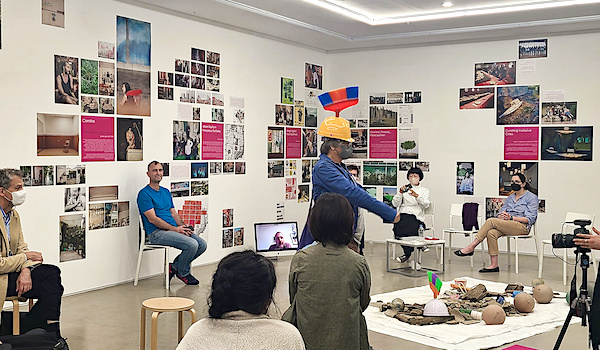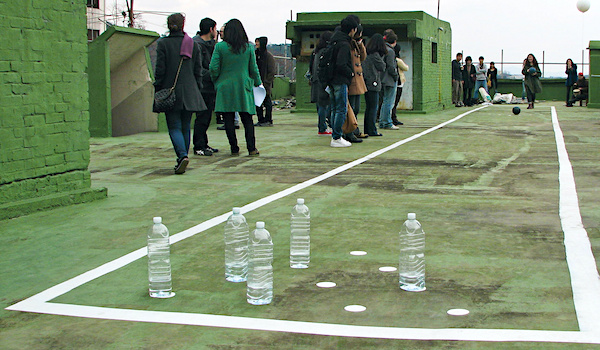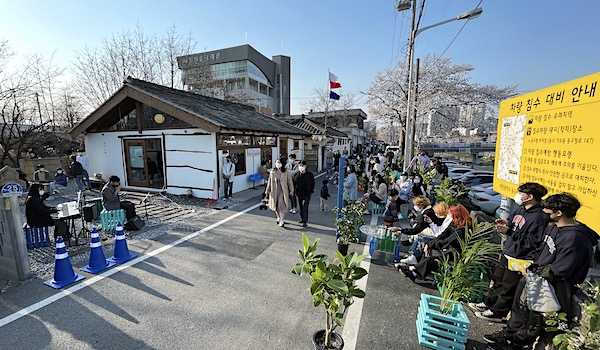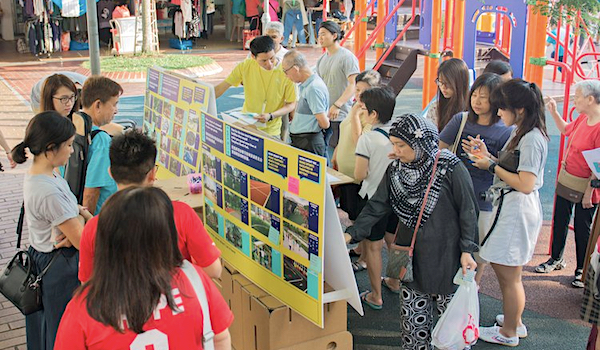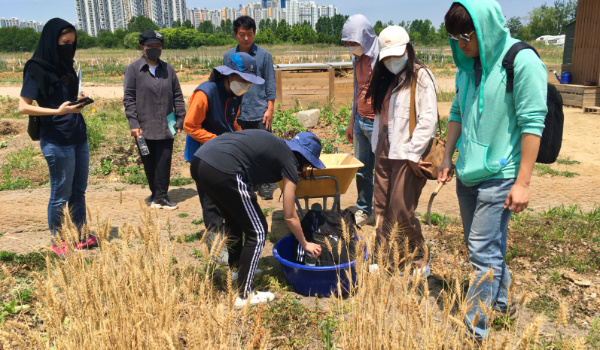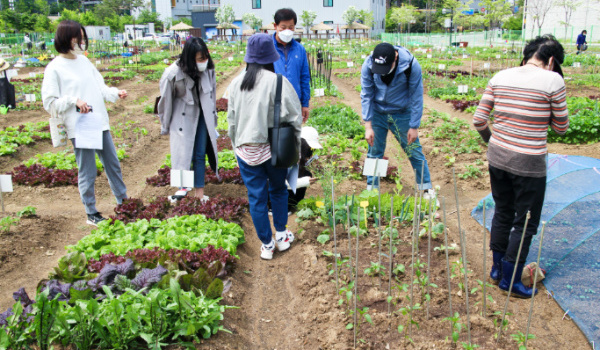Institute for Spatial Policies from Ljubljana has published a review of our book Emerging Civic Urbanisms in Asia: Hong Kong, Seoul, Singapore, and Taipei beyond Developmental Urbanization. The short review argues that emerging civic urbanisms in Asia offer answers to the challenges to local communities and bear relevance for the public, planners and decision-makers beyond Asia.
류블라냐 공간정책연구소에서 책 ‘아시아의 떠오르는 시민 중심 도시론 : 발전주의 도시화 너머의 홍콩, 서울, 싱가포르 그리고 타이페이’에 대해 다음과 같이 평론함. 아시아의 시민 중심 도시론이 지역 사회가 마주한 어려움에 대해 해답을 제시하고, 공공, 계획가와 아시아 너머의 결정권자들 간의 관계 조성에 기여함을 잘 보여주는 책.
The review Emerging civic urbanisms in Asia as an answer to the challenges of local communities has been originally published in Slovene. English translation is attached bellow.
In 2017, our institute published a publication Policies of space: Challenges to local communities between Ljubljana and Seoul, where we presented and compared best practices of community building and local initiatives that we had encountered through our work. We argued that despite significant differences between both cities, local communities in Ljubljana and Seoul are facing similar challenges due to limited democratisation of decision–making in neighbourhoods.
The authors of the recently published book Emerging Civic Urbanisms in Asia: Hong Kong, Seoul, Singapore, and Taipei beyond Developmental Urbanization discuss similar topics and come to similar conclusions.
The edited volume compares eighteen cases of community building and local initiatives from social movements for the preservation of the Lo-Sheng Sanatorium in Taipei or Choi Yuen Village in Hong Kong to urban walks in Singaporean neighbourhoods of Queenstown and Geylang, and urban regeneration in To Kwa Wan in Hong Kong or Seowon Maeul, Samdeok Maeul as well as Haebangchon in Seoul. It compares self-organised local communities in Seoul’s Songhak Maeul and Seongmisan Maeul, the urban gardens of Singapore’s Foodscape Collective, the activism of female migrant workers in Hong Kong and collaboration of residents and municipalities in placemaking in Changwen and Gufeng neighbourhoods in Taipei, and Limbang, Tampines and Woodgrove neighbourhoods in Singapore.
Although the cases represent different forms of community building and local initiatives, which are strongly embedded in specific local and national contexts, they are also characterised by successful civic participation and collaboration between local communities and municipal or national governments.
Such collaboration is not always a given one. In Songhak Maeul, for instance, the relationship between the local community and municipal government evolved from conflict towards partnership as a result of successful anti-eviction and housing rights struggles, activism for self-organised producer and consumer cooperatives, and local initiatives for stronger neighbourhood autonomy. In many other cases collaboration between local communities, civil society and public administration was to an important extent an outcome of successful social mobilisation in neighbourhoods.
Such collaboration between local communities and municipal or national governments is what distinguishes emerging civic urbanisms in Asia from existing state-led or market-driven approaches. This makes emerging civic urbanisms a new spatial and symbolic expression of democratic decision-making in neighbourhoods.
Many contributing authors were actively involved in community building and local initiatives that are discussed in the book. They emphasise the practical importance of community building and local initiatives for strengthening civic participation, collaboration between the public, experts and decision-makers, as well as coalition building between residents, local communities, civil society and public administration. Thus, the authors focus on emerging civic urbanisms not only for their theoretical relevance to better understand the social, spatial and political change in Asia but also for practical value as successful cases of building more democratic, sustainable and resilient neighbourhoods and cities.
In this sense, the relevance of emerging civic urbanisms goes beyond Hong Kong, Seoul, Singapore or Taipei, since the cases bear relevance for the public, planners and decision-makers in Slovenia too. As best practices of community building and local initiatives, they offer possible answers to the challenges to local communities that were discussed in our publication Policies of space.
The book Emerging Civic Urbanisms in Asia: Hong Kong, Seoul, Singapore, and Taipei beyond Developmental Urbanization was edited by Im Sik Cho, Blaž Križnik and Jeffrey Ho and was published by the Amsterdam University Press in the Asian Cities series.
